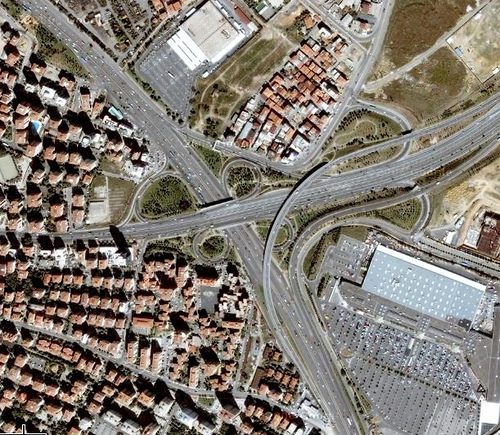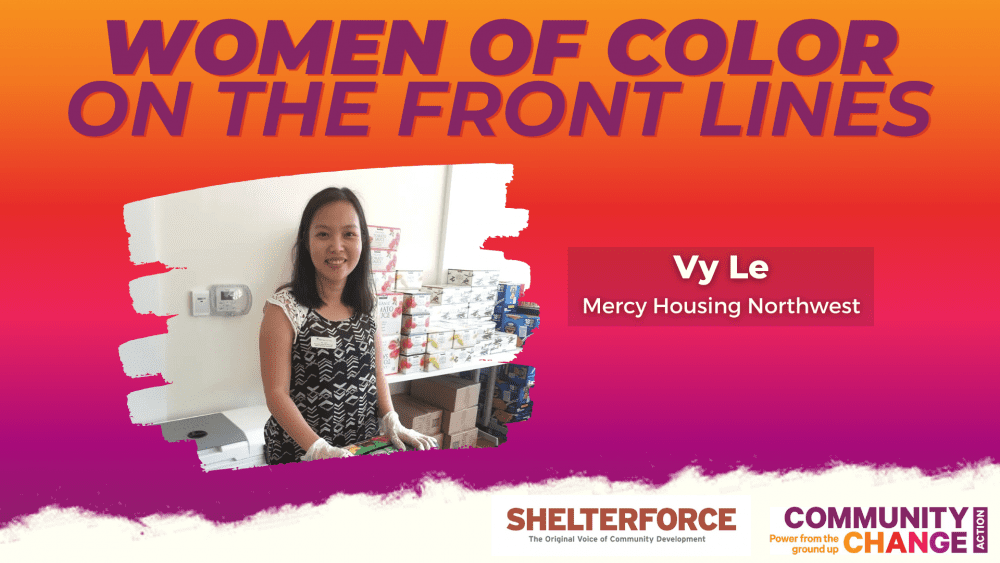
Before this year, manufactured home lenders were not subject to the Home Ownership Equity Protection Act (HOEPA). Most manufactured homes are financed with chattel loans rather than traditional mortgages, and the chattel market operated largely outside of federal regulators’ supervision. In this unchecked lending environment, default rates are high and borrowers pay credit card-like interest rates on their home loans. The Dodd-Frank Act brought the manufactured home lending industry into the light by applying many of the same laws and regulations that govern mortgage lending, and giving the Consumer Financial Protection Bureau (CFPB) supervisory and regulatory authority within the market.
But years before the new rules took effect, lenders began trying to avoid regulation by calling for new legislation to “fix” how Dodd-Frank treats manufactured homes. In reality, Dodd-Frank already recognizes that the manufactured home finance market has some unique characteristics and provides some exemptions for retailers and chattel lenders. The Preserving Access to Manufactured Homes Act would create even larger exemptions that would weaken consumer protections and enable predatory, high-cost loans. Its main provisions are:
- Exempting more employees of manufactured home retailers from being defined as mortgage originators.
- Raising the interest rate caps for HOEPA protections. Under the proposed legislation, a personal property loan of less than $75,000 with an interest rate as high as 14 percent would not be designated a higher-cost loan.
- It would raise the HOEPA trigger for points and fees on loans under $75,000.
The act is not necessary to ensure that manufactured home buyers continue to have access to credit, as the CFPB has the power to adjust its rules in the case that credit becomes restricted. In the run up to the effective date of the rules, industry asked the CFPB to delay or to modify them. The CFPB did not find the industry data convincing, but agreed to review new data as needed. CFED and other members of the Innovations in Manufactured Housing (I’M HOME) Network have recently taken that message to congress, encouraging legislators to let the CFPB’s rules have a chance to work.
Members of the I’M HOME Network work to increase the role that manufactured housing plays in affordable homeownership. We have a deep interest in advancing policies that provide access to affordable financing for these homes—but not at the expense of consumer protections that help ensure that owners of manufactured homes are able to build and preserve wealth through homeownership. One way that policymakers could advance those goals would be to finalize the Duty to Serve (DTS) rule. DTS is a requirement of the Housing and Economic Recovery Act of 2008. DTS would create secondary markets for manufactured home loans, including chattel, and attract new lenders to the market. The Federal Housing Finance Agency developed proposed rules in 2010 but has never finalized the regulations. Doing so would be a win-win for the manufactured home industry and manufactured home buyers alike.
(Photo by ferncanyonman CC BY-NC-ND)





Comments